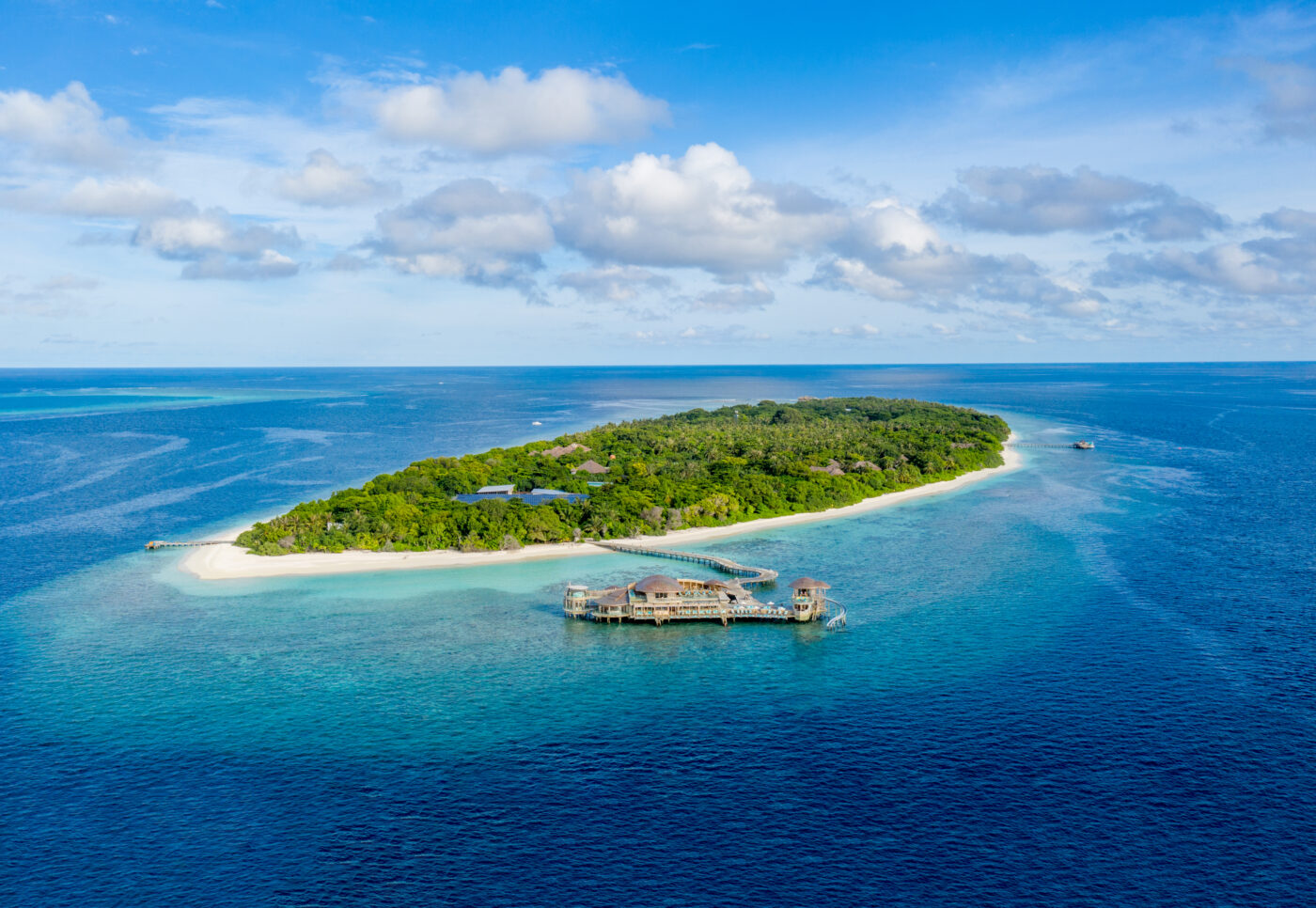Climate change is already having a considerable impact on the hospitality sector – from extreme weather events increasing the cost of operations and reducing the number of tourists visiting certain destinations, to the introduction of local and national environmental policies and penalties.
How can hotels help?
The hotel industry accounts for around 1% of global greenhouse gas (GHG) emissions (UNWTO). However, buildings more broadly generate 19% of energy-related GHG emissions and consume 40% of electricity globally (IPCC). With a global pipeline of 2.4 million new hotel rooms (STR), if all new hotels built in the next ten years integrated simple sustainable upgrades in design and operations, the industry would save 42,000,000 tonnes of CO2 each year (in 2030) (IFC). This is the equivalent to the yearly GHG emissions of 9 million cars (US EPA).
What’s required for progress?
Hotel properties are owned and managed by a variety of stakeholders from investors, owners and developers to hotel brands, operators, and franchisees. Every stakeholder needs to consider sustainability as integral and increase efficiencies by working together.
New research from ITP, the Business Case for Sustainable Hotels executive summary created in collaboration with IFC, outlines the financial, reputational and operational benefits, and offers recommendations to all industry stakeholders to ensure better co-ordination to drive sustainable building design from inception to operation.
Launching today at World Travel Market London, ITP Director Madhu Rajesh will be joined by ITP Board Members Allan Agerholm, Chief Hospitality Officer and CEO of BC Hospitality Group, and Dimitris Manikis, President and Managing Director EMEA, Wyndham Hotels & Resorts, to showcase the business and environmental benefits of building sustainable hotels.
Announcing the new research, Madhu Rajesh says, “Ethical considerations aside, the key is to understand the different motivations and ensure that the financial benefits for sustainability are compelling for every stakeholder. By showing that it makes good business sense to invest in sustainability, we hope this research will encourage industry-wide action.”
“The executive summary that we are launching today highlights 13 key recommendations for investors, owners and operators to embed sustainability in key decisions about a hotel property’s development. We look forward to launching the full report in the coming months.”
“This research fills a major knowledge gap with focused and quantitative analysis,” said Shamsah Fatima Dhala, IFC’s Global Sector Lead for Tourism. “It shows that the costs are lower than previously thought while the benefits are high, with actionable recommendations for each stakeholder group. The collaboration between IFC and ITP has the capacity to move the entire hospitality industry onto a greener path.”
Action is not just necessary to protect destinations and communities but, as this research reveals, will be the only way to ensure hotels and operations are future proofed and will yield considerable benefits for all stakeholders in both the short and long-term.
Download the Business Case for Sustainable Hotels now. Full report will be available in the coming months.
This article was published when Sustainable Hospitality Alliance was known as International Tourism Partnership (ITP), part of Business in the Community (BITC).



